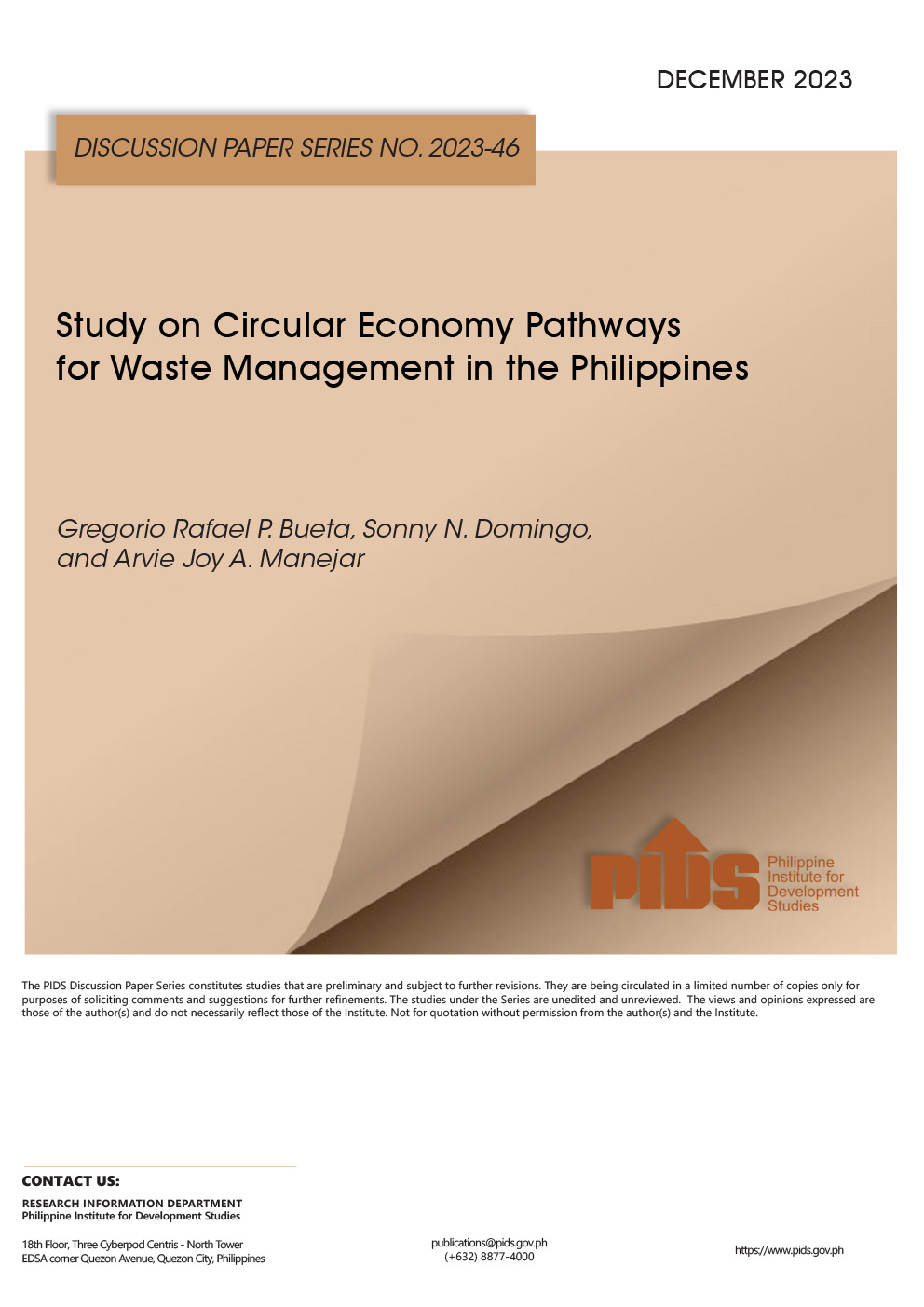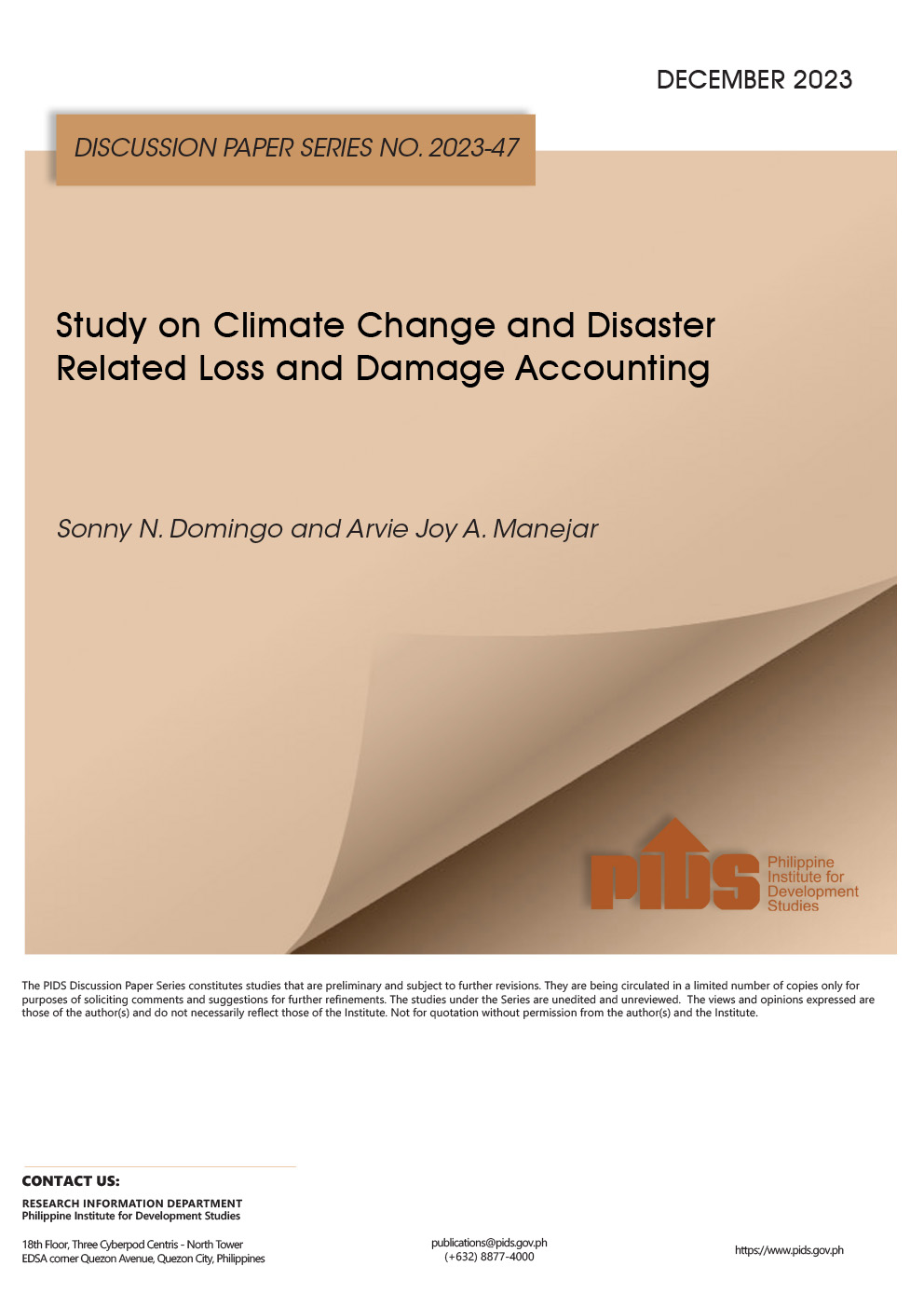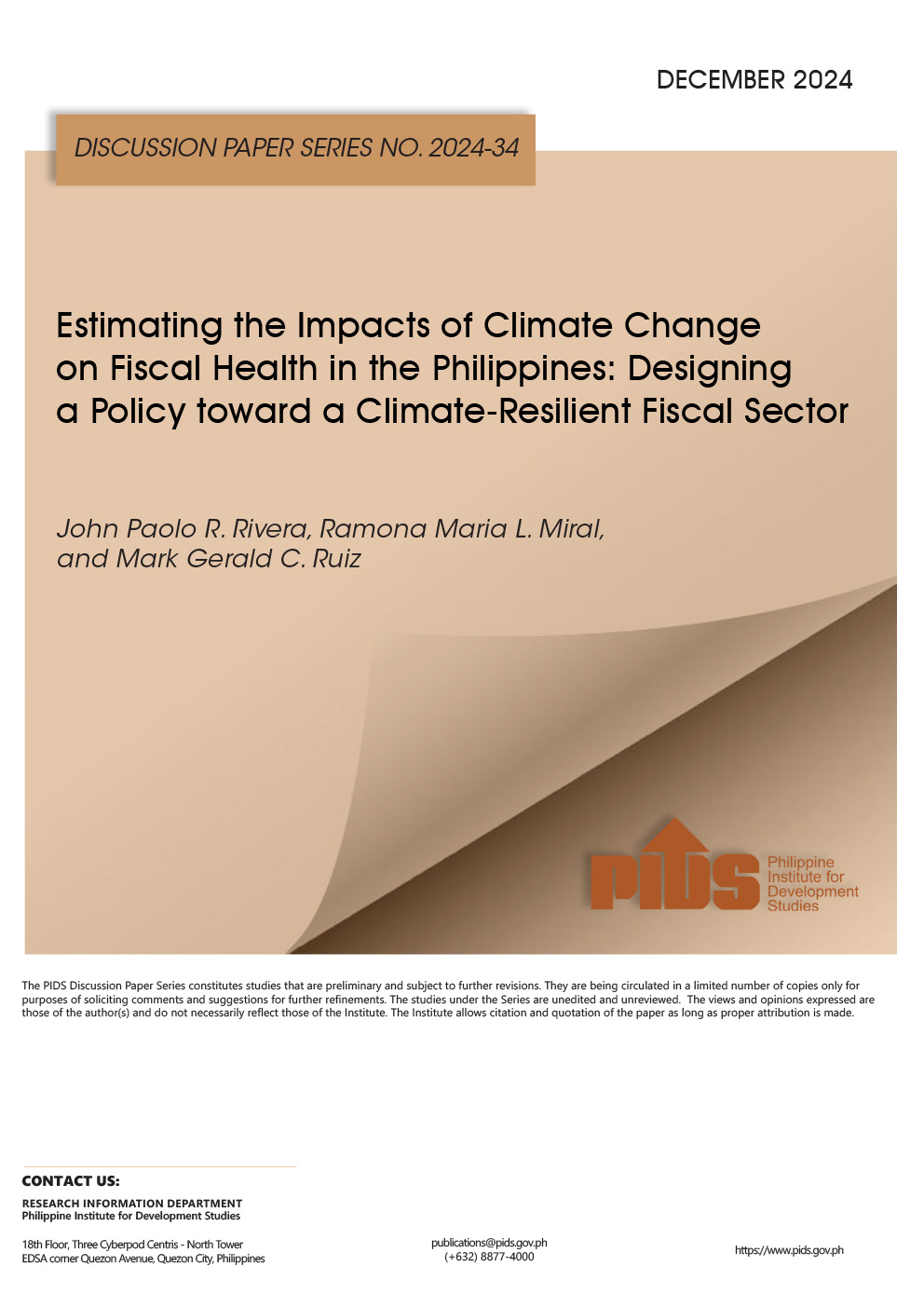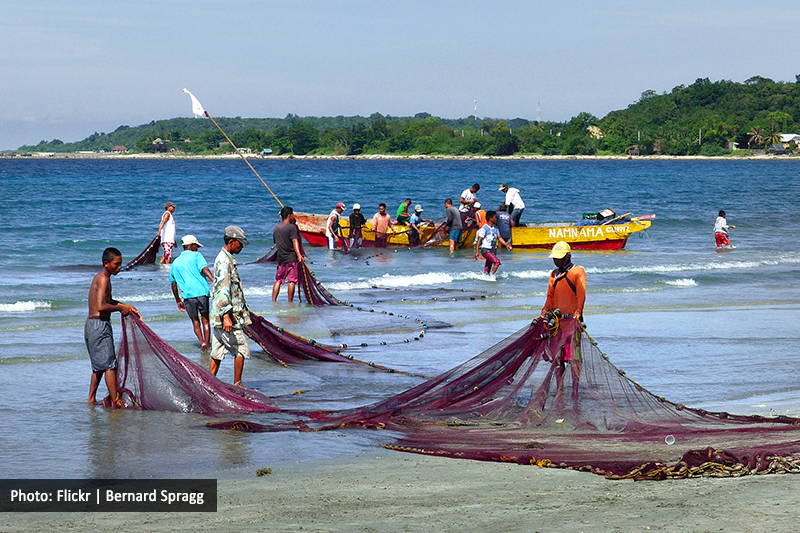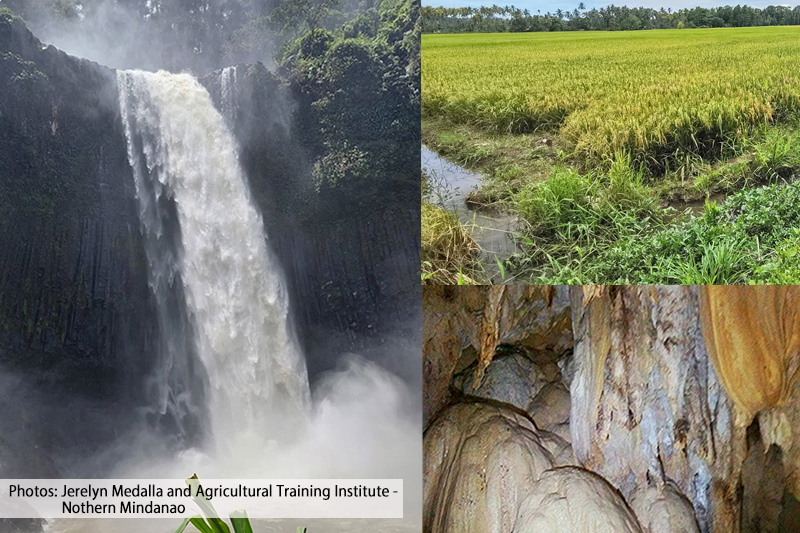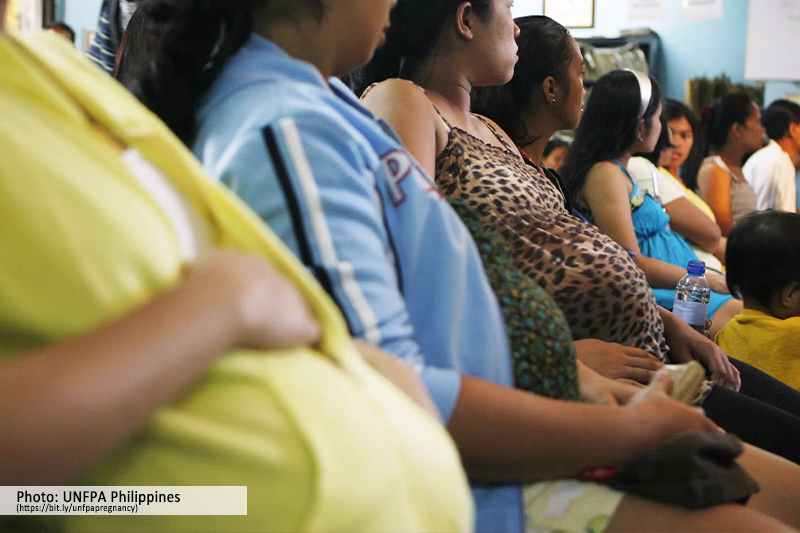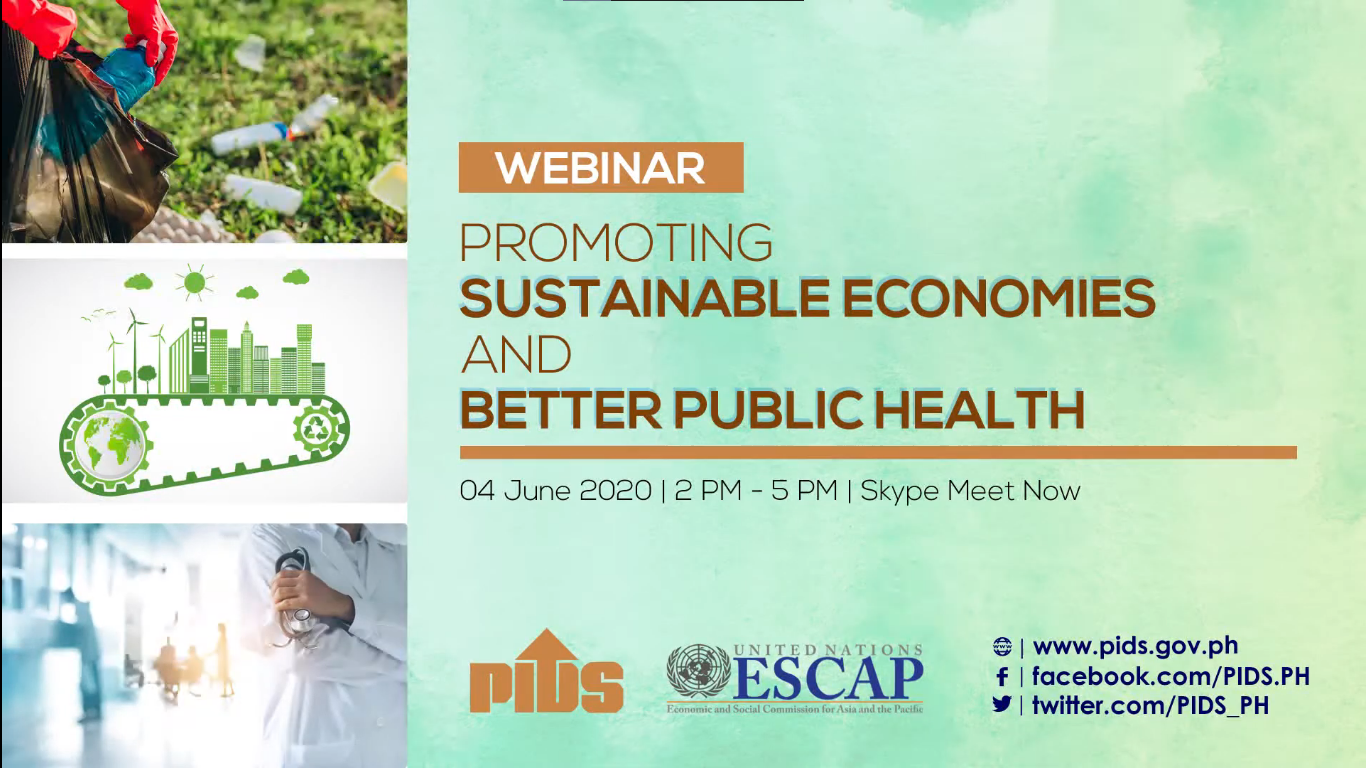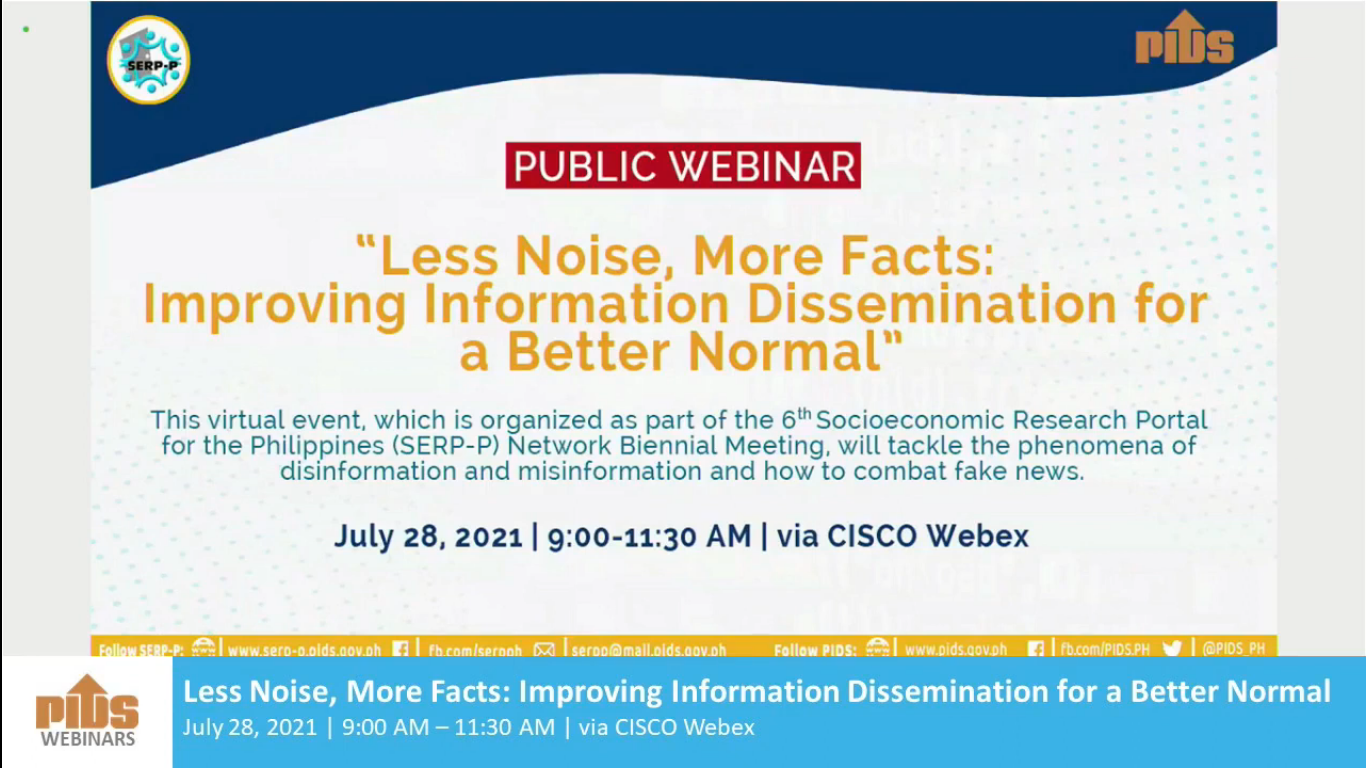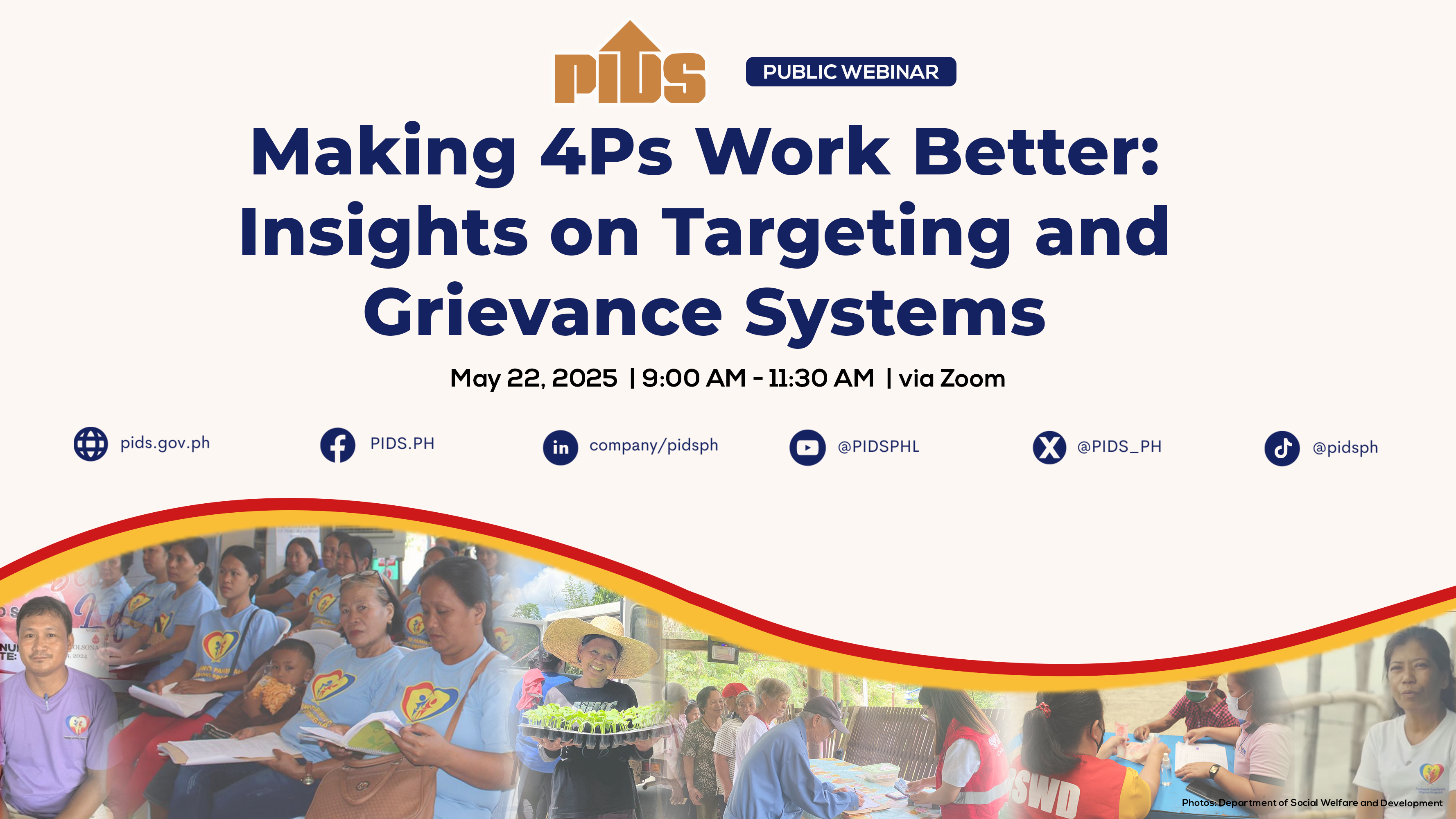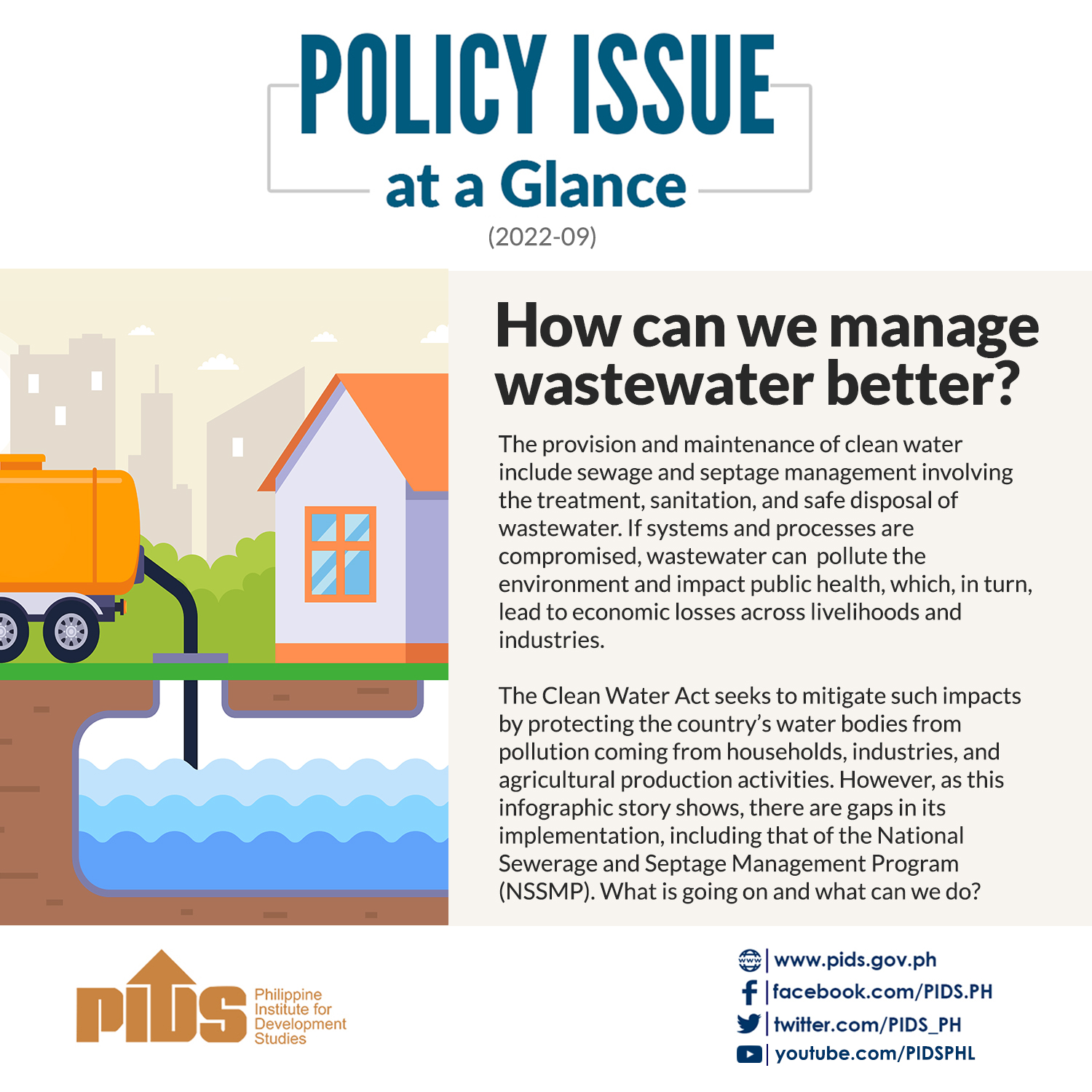MANILA, Philippines — Garbage pickers and scavengers may soon have a steady source of income as entrepreneurs as the Department of Environment and Natural Resources (DENR) reaffirmed its plan to look into their plight.
“This sector is still locked out of the value chain of solid waste management, but they are in fact, critical and essential as part of the supply chain,” Environment Secretary Maria Antonia Yulo Loyzaga said during a recent World Wildlife Fund for Nature-Philippine media event.
The so-called informal waste sector, composed of waste pickers in dumps and trash collection points in communities, is vital in the country’s waste management and segregation.
However, they are often excluded in policy discussions, and even in the Ecological Solid Waste Management Act of 2000 (Republic Act No. 9003) whose implementing rules and regulations banned the “unauthorized removal of recyclable material intended for collection by authorized persons.”
In 2010, the National Solid Waste Management Commission adopted a national framework plan to empower trash pickers who are considered “critical actors” in supporting the operation of an environmentally acceptable solid waste management system, including segregation, collection, transfer, treatment, and disposal.
With the enactment of the Extended Producer Responsibility (EPR) Act of 2022 (Republic Act No. 11898), Loyzaga saw an opportunity to include waste pickers in government programs to ensure that their rights would be protected.
She said this could be done by tapping local governments to conduct financial literacy programs and develop the entrepreneurial skills of waste collectors.
Loyzaga also stressed the need to help local governments in implementing a system of data recording, tracking and reporting on the informal waste sector.
“By doing so, we can enhance the direction and the strategic impact of social protection programs and direct them specifically to address this sector’s needs,” she said.
Partnership
In an earlier roundtable discussion about the EPR law, Loyzaga suggested transforming the collection and sorting facilities into formal activities and establishments, which could be registered and supported by the EPR system.
The EPR Act, which lapsed into law on July 23, 2022, is intended to address the mismanagement of plastic waste and maximize the material value of plastics.
The law requires large enterprises, or businesses with total assets of more than P1 billion, to establish a system to recover, treat and recycle or dispose of their plastic packaging waste after the product is consumed.
Loyzaga stressed the vital role of the waste collection and management sector, saying that it was the “backbone of the currently limited collection services and partly of recycling” in the country.
The informal sector, she said, could also be integrated as business partners through nongovernmental organizations-supported microenterprises, franchises of waste management companies, operation of local collection centers, and formation of cooperatives.
In a meeting with delegates from the United States-Asean Business Council, Loyzaga expressed hope that the council could help the DENR in improving the lives of garbage pickers and their families.
“The sector is particularly impacted by hazardous environments because of the waste that we generate and their involvement in the solid waste management industry,” Loyzaga said. “We hope that we can share that advocacy and we look for ways to actually innovate.”
She noted that waste picking, collection, and sorting is a phenomenon happening not only in the Philippines but in all Southeast Asian countries.
“And so, we’re not the only ones who have that informal sector involved in this whole circular economy. They have been locked out of the value chain but they are part of the supply chain of the circular economy,” she said, referring to the system of minimizing waste and promoting sustainable use of natural resources.
Quezon City model
In a discussion paper published in 2021, the Philippine Institute for Development Studies (PIDS) pointed out the “prominent role” of the informal economy in the solid waste processing phase as it “bridged the gaps across material collection, segregation, and recycling.”
“Junk shops served as pseudo [materials recovery facilities] and scavengers and street collectors picked recyclables for their market value,” the analysis read.
It cited the Quezon City government which recognized the big contribution of its 91,983 waste pickers and which ramped up efforts to include the informal sector in its solid waste management system.
“Formalization has to be pursued among the informal workers and settlers whose subsistence depends on local waste management operations … these scavengers and waste pickers could be utilized as partners in segregation and recycling activities,” PIDS said.
The paper also cited the rehabilitation process of the 22-hectare Payatas dump and its transition into an engineered sanitary landfill that could serve as a template for other local governments.
Payatas operated from the late 1980s to the 1990s but was shut down in 2000 after the accumulated garbage in the area triggered a landslide and buried at least 300 scavengers and residents living around the dump.

